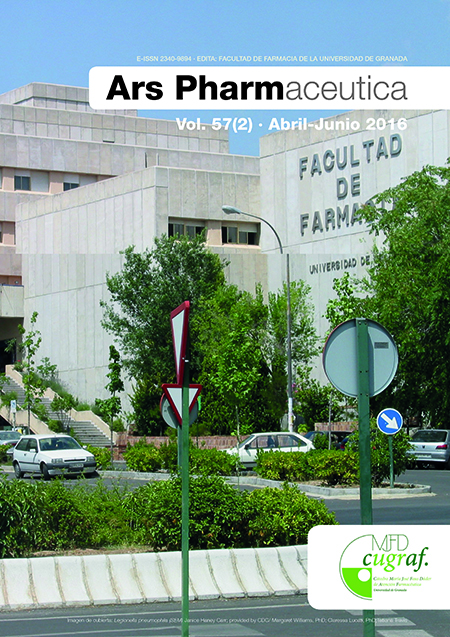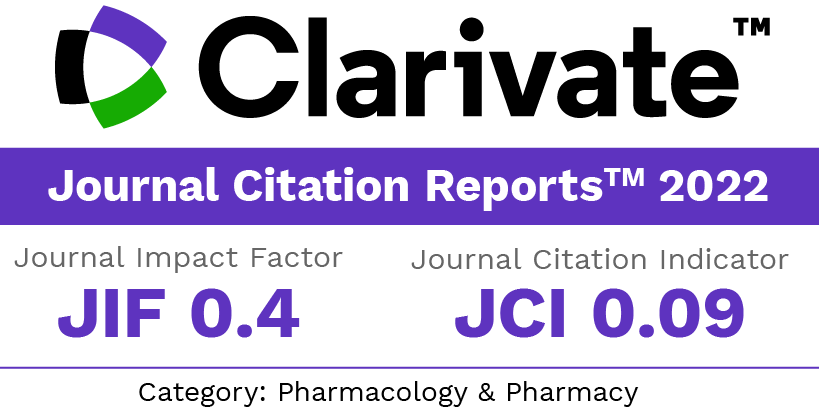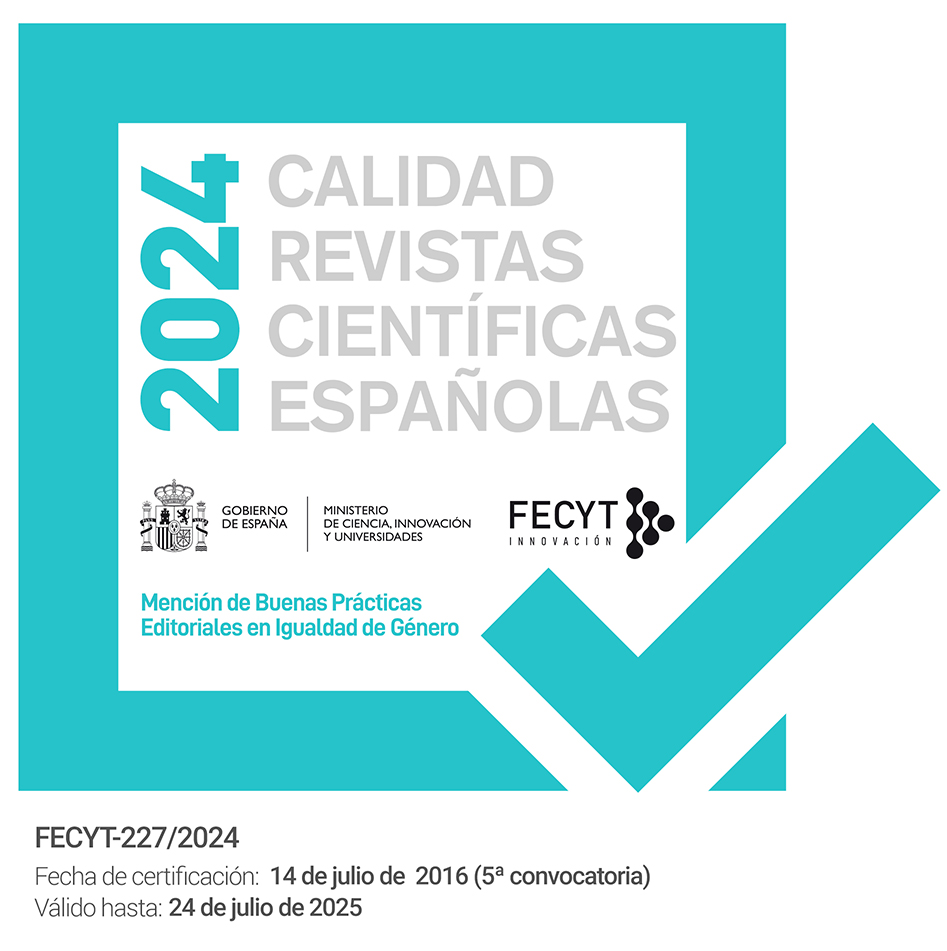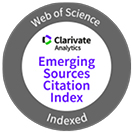Analysis and evaluation of results following the implementation of a programme of e-prescribing in a tertiary hospital
DOI:
https://doi.org/10.30827/ars.v57i2.4958Keywords:
Electronically Assisted Prescription (EAP), pharmaceutical interventions, patient safety, medication errorsAbstract
Introduction: the Electronically Assisted Prescription (EAP) is now a useful tool in the process of hospitalization. The removal of the prescription or transcript handwritten, has managed to minimize errors related to medication, mitigating the constant concern involving the safety of the patient.
Objective: to analyze data pharmaceutical intervention reported following implementation of a software for e-prescribing and the security that gives the user.
Materials and methods: retrospective study of five months duration, which reviewed the electronic medical records of prescription, describing medication errors that are detected and the number of pharmaceutical interventions carried out.
Results: out of a total of 27.533 validations, were performed 4.917 pharmaceutical interventions (IF), which represents 32.78 medication errors per day and 0.95 errors per patient.
Downloads
Downloads
Published
How to Cite
Issue
Section
License
The articles, which are published in this journal, are subject to the following terms in relation to the rights of patrimonial or exploitation:
- The authors will keep their copyright and guarantee to the journal the right of first publication of their work, which will be distributed with a Creative Commons BY-NC-SA 4.0 license that allows third parties to reuse the work whenever its author, quote the original source and do not make commercial use of it.
b. The authors may adopt other non-exclusive licensing agreements for the distribution of the published version of the work (e.g., deposit it in an institutional telematic file or publish it in a monographic volume) provided that the original source of its publication is indicated.
c. Authors are allowed and advised to disseminate their work through the Internet (e.g. in institutional repositories or on their website) before and during the submission process, which can produce interesting exchanges and increase citations of the published work. (See The effect of open access).























